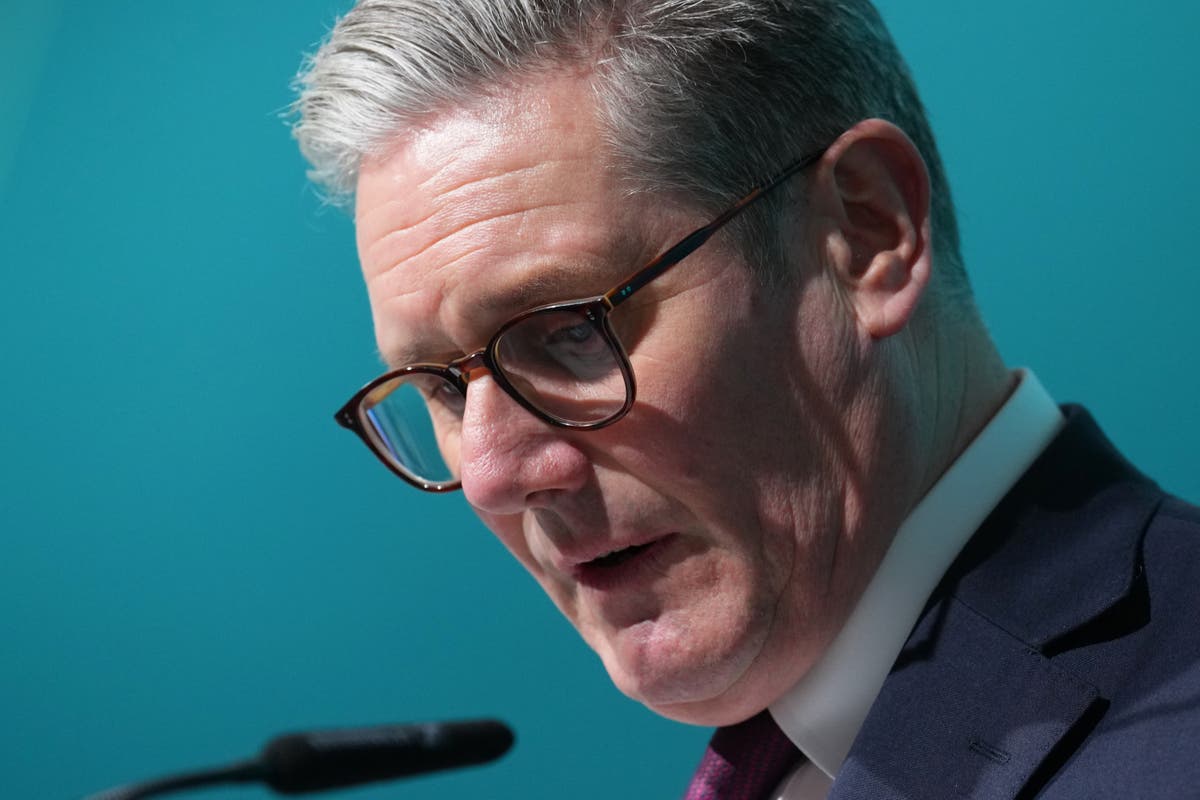Eddie Redmayne is reflecting on the more controversial roles he has played, including in the musical Cabaret and drama The Danish Girl.
The 42-year-old was nominated for an Oscar for his role in The Danish Girl, directed by Tom Hooper, as Lili Elbe, one of the first known trans people to have gender-affirming surgery
The film faced criticism for casting Redmayne, a cisgender man, in the part, with the actor previously stating that he “wouldn’t take it” if offered the role today.
Redmayne has also recently finished a run on Broadway alongside Jessie Buckley in a production of Cabaret playing Emcee, an ambiguous but frequently queer-coded character. The casting decision faced some backlash from fans of the show.
Speaking to fellow actor Penn Badgley on the Podcrushed podcast, the Day of the Jackal star said that he’s now reflected on some of the problematic roles he has taken on and has “learned his lesson”.
“I have a history of parts that I’ve played, that have been problematic in some of those choices, and I’ve spent a lot of time ruminating on those things and wondering what I would do differently,” Redmayne told Badgley. “When it came to Cabaret, I’d learned my lesson, and I didn’t take the part on without knowing exactly what I was doing.”
Redmayne goes on to admit that he understood the debate about him taking an “iconically queer role”, adding that “I also think that that character is descriptionless and deserves any form of interpretation.”
“I was upset by the backlash when it was announced, but I had faith in my own take on the role,” he explained.
The Oscar winner then defended his performance in Cabaret, stating that the character was created specifically for the stage version and that, “as far as what he exists as on the page, there is no character description for him”.

Redmayne also argued that Emcee isn’t necessarily a queer role but has been portrayed that way in the past, which has led people to draw conclusions about the character’s identity.
“And certainly, for example, in the Alan Cumming version, at the end of the piece, the Emcee, his costume is taken off, and he’s revealed in a concentration camp outfit with a pink triangle…which was incredibly moving and was incredibly powerful on Broadway, and I think had sort of made people go, ‘This is a gay character.’ So I absolutely understood the questioning of that.”


